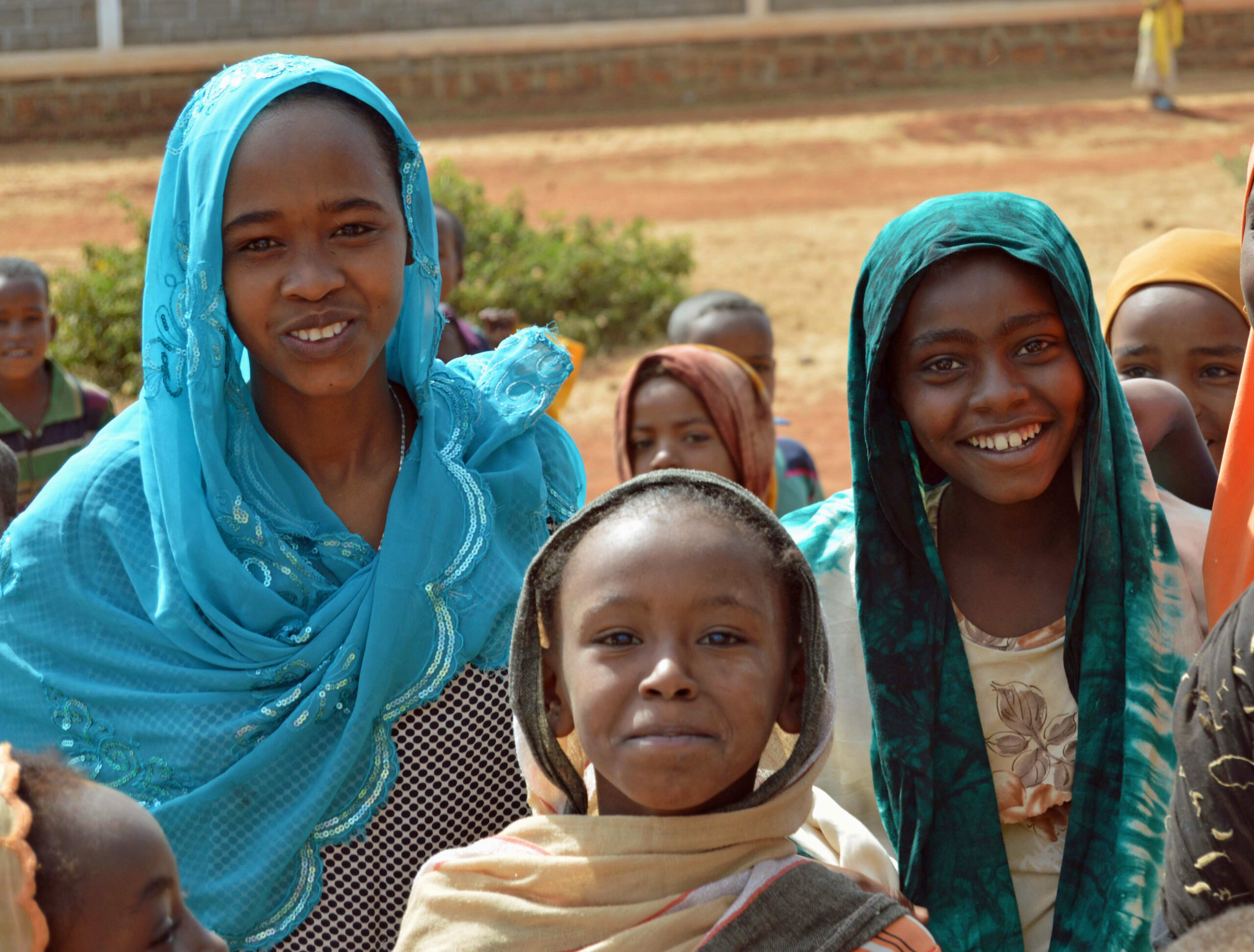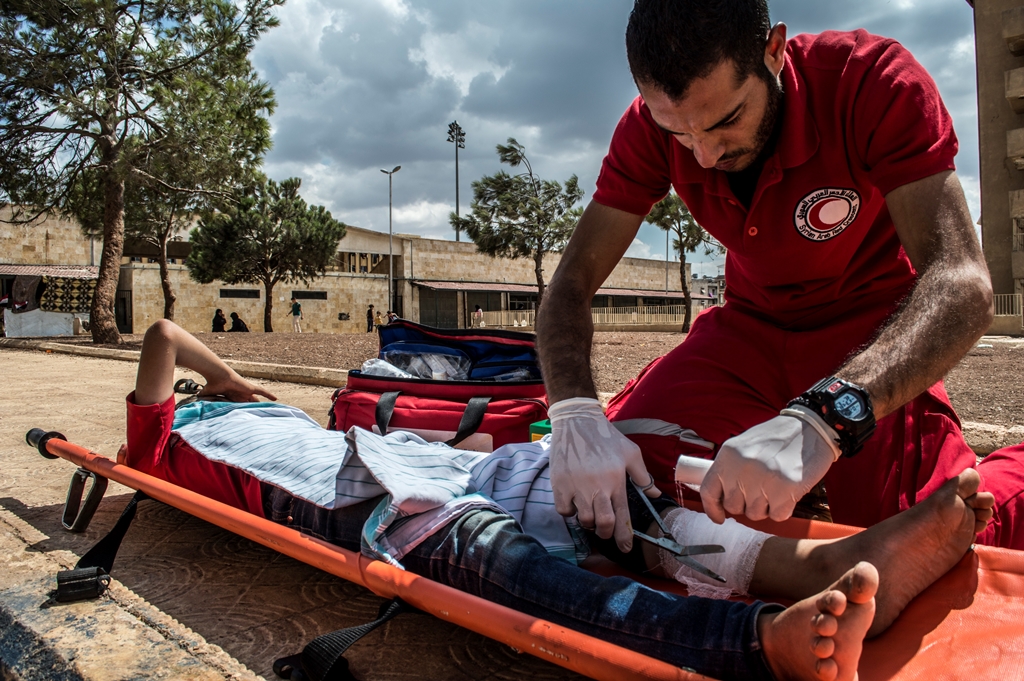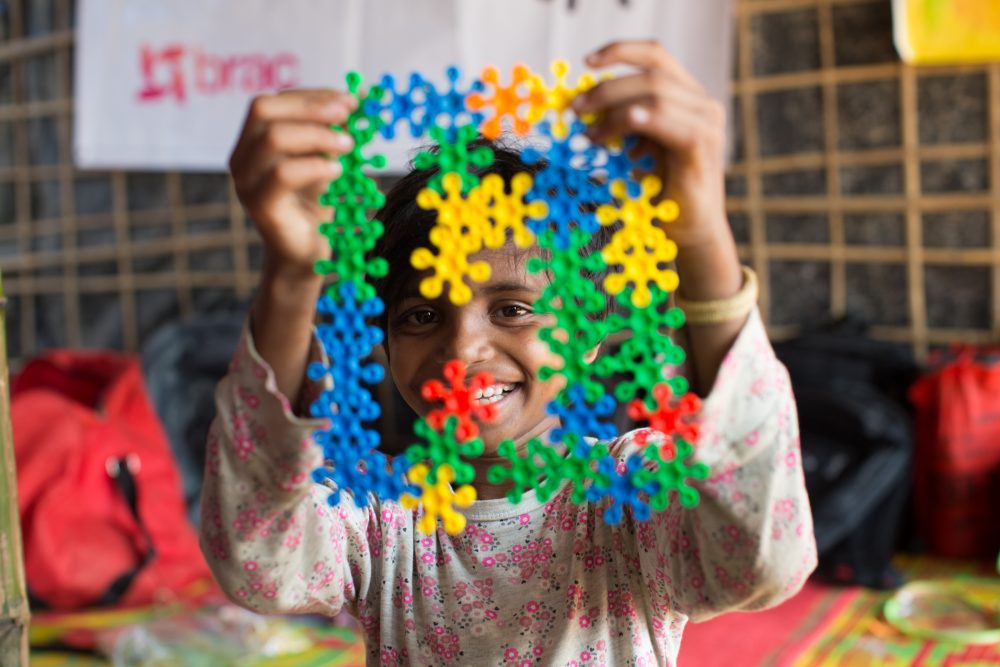World Humanitarian Day: Q&A with Sam Worthington
Created in 2009, World Humanitarian Day commemorates the bombing of the Canal Hotel in Baghdad on August 19, 2003, which took the lives of 22 humanitarians. It is a day that celebrates humanitarians and says, “thank you to the people who have committed their lives to helping others.” The Center for Disaster Philanthropy’s (CDP) Yna […]

Created in 2009, World Humanitarian Day commemorates the bombing of the Canal Hotel in Baghdad on August 19, 2003, which took the lives of 22 humanitarians. It is a day that celebrates humanitarians and says, “thank you to the people who have committed their lives to helping others.”
The Center for Disaster Philanthropy’s (CDP) Yna Moore asked Sam Worthington, CDP board member and president of InterAction, some questions reflecting on the relevance of this year’s World Humanitarian Day and how donors can support frontline aid workers today and beyond.
Yna: How can we show humanitarians appreciation for their commitment to helping others despite the risks and hardships they face every day?
Sam: Every day, humanitarian organizations assist people in need. World Humanitarian Day provides the opportunity to pause and acknowledge the unique role of humanitarian workers, not as heroes, but as the best expression of human solidarity.
Each of us should consider supporting a humanitarian NGO, a UN organization, or refugee resettlement agency. You can do that by reaching out to thank a nonprofit colleague. You can also contribute funding to one of InterAction’s Members or reach out to CDP to learn more about how you can help.
YM: The theme for this year’s World Humanitarian Day focuses on the “climate emergency and its impact on the most vulnerable people.” Why is this theme as relevant to grantmakers today as it is to aid workers?
SW: From floods and droughts, extreme weather events, and failed crops to fires and famine, the climate crisis exacerbates humanitarian crises for millions worldwide.
The most marginalized people are facing its most severe consequences. As we all adapt to the climate crisis, we cannot accept a future where inequities are exacerbated by climate or a world where we do not take additional action to help people displaced by drought, floods or conflicts that directly result from the rising scarcity of natural resources.
YM: What can donors and institutional grantmakers do to most strategically and effectively support these efforts?
SW: Humanitarian needs are always local. The needs that we’re starting to see in Haiti as a result of the recent earthquake are different from the needs we’re seeing in communities affected by wildfires in Turkey. They change daily, and they are always tied to unique political and social circumstances. Donors can meet this reality in three ways:
- Provide untied funding that allows for flexibility and innovation.
- Give multi-year grants. Disasters do not end with a news cycle – recovery always takes years.
- Award grants to NGOs with the combination of the greatest local capacity and an established track record.
YM: The past year has brought increased insecurity and additional safety threats to aid workers. What have nonprofits done to address these risks and ensure the well-being of their staff?
SW: With the global pandemic, aid workers are facing new challenges, learning how to protect themselves and the communities they work with while working in further isolation. NGOs throughout the world have strived to adapt to this new environment while supporting their staff to navigate a reality that has further exacerbated the importance of national frontline workers and the need to support all aspects of their work and leadership.
YM: Only a small number of U.S. foundations support humanitarian assistance in response to protracted crises and complex humanitarian emergencies such as what’s happening in Tigray and Yemen. Why do you think philanthropic support is so low, considering the vast need?
SW: When a tsunami hits or fire rage, we respond with care and support for those who must flee or who have lost everything. Yet, when a family’s home is bombed or an army comes through a village, systematically raping and killing, we often do nothing. The horrors of war are too much to absorb, and we unconsciously blame the victim. “Your society is at war, you are all at fault.”
Let us not look away. And when a horror happens, you can bring some humanity, see the child, woman or man who needs your help, act and make a difference. One can always start or renew your commitment on World Humanitarian Day.
More like this

World Humanitarian Day: Call to Protect Humanitarian Workers and Volunteers


